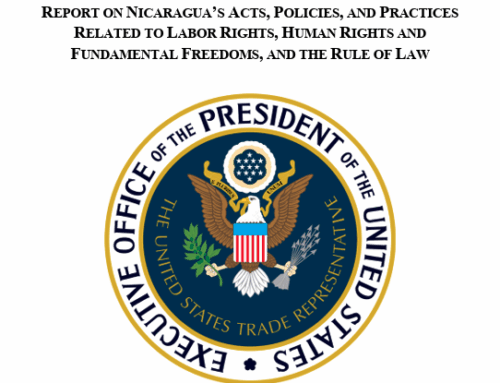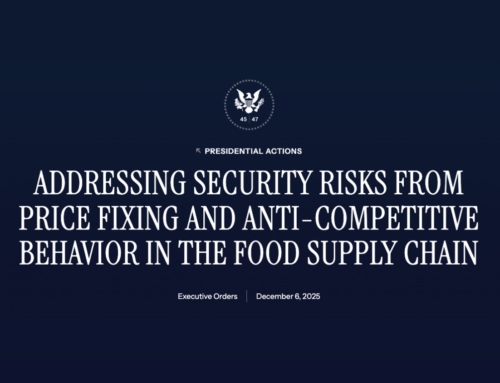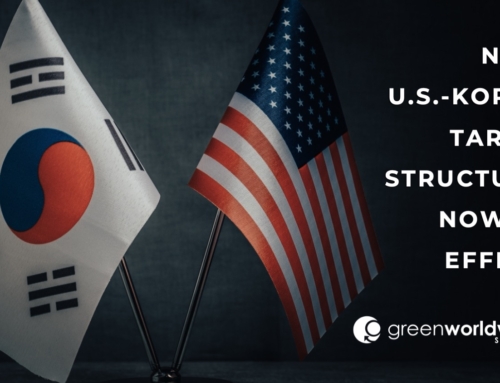“To encourage China to eliminate its unfair trade practices regarding technology transfer, intellectual property, and innovation, the President is directing increases in tariffs across strategic sectors such as steel and aluminum, semiconductors, electric vehicles, batteries, critical minerals, solar cells, ship-to-shore cranes, and medical products.”
White House Fact Sheet | May 14, 2024
U.S. TRADE REPRESENTATIVE SECTION 301 TARIFF STATUTORY REVIEW
The U.S. Trade Representative (USTR) Office released its statutory review of the Section 301 investigation into China’s trade practices. This four-year review addressed the efficacy of current tariffs and policies, analysis of the impact on U.S. business competitiveness and workforce growth along with consideration of stakeholder opinions. The report also addresses potential actions that may improve or streamline the current approach to Section 301 policy and enforcement.
USTR SECTION 301 FINDINGS
The study indicates that Section 301 tariffs minimally impacted prices and employment throughout the U.S. economy. Significantly, the tariffs caused a reduction in U.S. imports from China while increasing imports from other countries. This shift allows for diversification and strengthens U.S. supply chains. The changes in import patterns support U.S. economic resilience by reducing dependency on Chinese imports while promoting alternative sourcing from U.S. allies and partners.
The tariffs have had a nominal negative impact on the U.S. economy overall yet positively influenced production in the sectors most affected by the tariffs. For example, technology and electronics saw a 5-7% increase in domestic production due to higher import prices. The automotive sector experienced a 3-5% rise in domestic parts manufacturing, while machinery production grew by 4-6%. Textile sourcing shifted away from China to countries like Vietnam and Bangladesh by 10-12%, and domestic metal production increased by 8-10%.
The USTR reports that current Section 301 actions have pushed China to address some of its technology transfer practices which reduced U.S. businesses to these issues. However, China continues to persist in cyber intrusions and cybertheft in its attempt to obtain and absorb foreign technology.
TARIFF INCREASES
Following the in-depth review by the USTR, President Biden is implementing measures against China’s trade practices. To urge China to stop its unfair practices related to technology transfer, intellectual property, and innovation, the President is ordering tariff hikes in key sectors like steel, aluminum, semiconductors, electric vehicles, batteries, critical minerals, solar cells, ship-to-shore cranes, and medical products.
The tariff modification is as follows:
ADDITIONAL RECOMMENDATIONS
In addition to the tariff modifications, the USTR Section 301 review proposes several key recommendations. Suggestions include creating an exclusion process that focuses on machinery used in domestic manufacturing, including 19 specific exclusions for solar manufacturing equipment. It recommends increasing funding for U.S. Customs and Border Protection to better enforce Section 301 actions and emphasizes the need for greater collaboration between private companies and government authorities to combat state-sponsored technology theft. The report also advises ongoing work to support the diversification of supply chains to improve resilience.
USTR SEEKS PUBLIC COMMENTARY
Next week, USTR will issue a Federal Register notice announcing procedures for interested persons to comment on the proposed modifications and information concerning an exclusion process for machinery used in domestic manufacturing.
Stay up-to-date on freight news with Green’s Weekly Freight Market Update by following us on Facebook, Instagram, and LinkedIn. For continuous updates, make sure to check out our website at greenworldwide.com.







